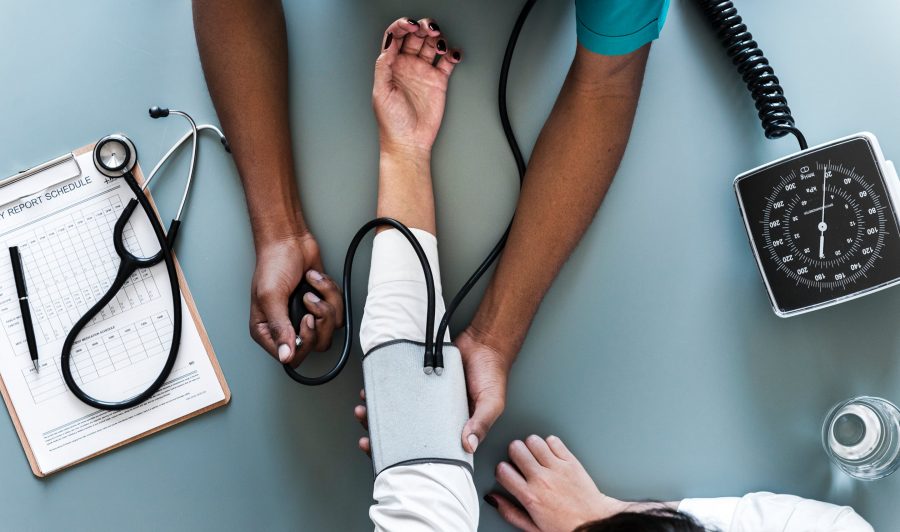In many ways, the heart is like your body’s battery. It controls the blood flow to the rest of your body, and high blood pressure can put a huge amount of undue strain on its performance. While the most immediate effects of hypertension involve the effectiveness of your heart, it can have a significant effect on other organs in your body. Here are four reasons why it’s especially important to keep your blood pressure in check.
Heart Damage
The increased pressure of blood flow caused from hypertension puts excess strain on the arteries, and this forces your heart to work overtime to accommodate. This can add up over time, resulting in serious damage to your heart’s structure. One of the biggest concerns is coronary artery disease, wherein arteries narrow in size, reducing the ability for your heart to pump blood where it needs to go. It’s one of the major factors in heart attacks and can also lead to arrhythmia. Over time, hypertension may also cause your left ventricle to enlarge abnormally or even result in wholesale heart failure.
Chronic Kidney Disease
Hypertension is one of the primary factors in the development of chronic kidney disease. CKD causes your kidneys to function below their normal capacity, resulting in excess waste building up in your bloodstream. Particularly worrying is that hypertension and CKD are self-perpetuating, as each causes the other to become worse. However, there are CKD treatment options, and the sooner you identify the problem, the more easily it can be resolved. These can include dialysis, transplants, or conservative care, depending on how far along the disease has developed and the circumstances of the patient.
Brain Damage
If there’s any organ as immediately as important as the heart, it’s the brain. As the directional center of the body, the brain needs a significant amount of steady blood flow for nourishment, and when it doesn’t receive this in adequate amounts, it can begin to malfunction and wither. In worst case scenarios, this can lead to dramatic and life-changing issues like strokes or serious cognitive impairment. Hypertension has also been traced to chronic psychological maladies like Alzheimer’s disease and dementia.
Eye Damage
The vessels that serve your eyes are incredibly small and delicate, and the strain that hypertension puts on these vessels can result in serious and permanent damage to them. This most commonly results in retinopathy, a condition that can provide you with blurred vision and bleeding in its earliest stages and eventually lead to total blindness. Additionally, high blood pressure can kill optical nerves, reducing your capacity to see and causing bleeding around the eye. Treatment of high blood pressure can’t reverse this damage, but it can reduce the risk of future problems significantly.
A healthy heart can have a significant impact on your overall health, and watching out for signs of hypertension is one of the most important practical steps you can take. That’s why it’s important to visit your doctor regularly and keep an eye out for any potential signs of high blood pressure.

